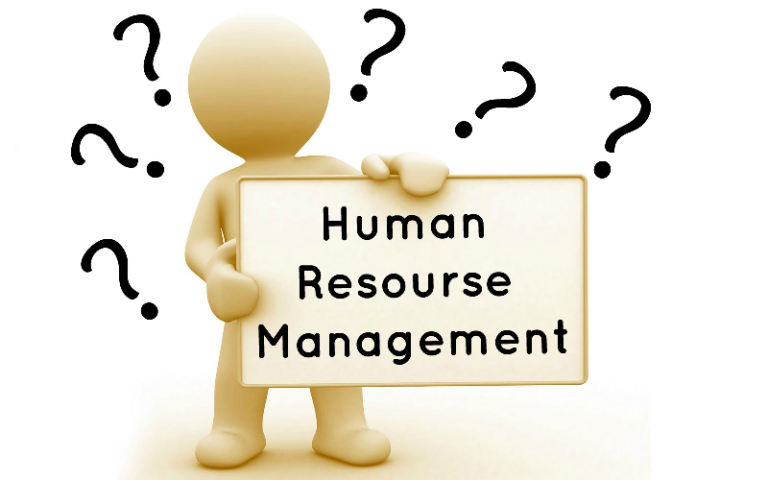Did you know Israel has the highest percentage of people working in tech? The tech industry has really made a positive impact on Israel’s economy.
We will go over four facts about the Israel economy that you probably didn’t know. Keep reading to learn more about Israeli startups and more.
- Tech Sector
The tech sector took off in Israel as everything went remote during the pandemic. Israel startups are popping up everywhere, with over 7,000 companies.
The tech sector really helped keep Israel’s economy stable during the worst of COVID-19. In the first quarter of 2022, tech companies and firms raised over $5 billion.
The tech industry has made great strides in the last few years and will continue to do so. A variety of job opportunities has allowed people who have never worked in tech to try out the field. However, the lack of qualified workers is a concern and is predicted to affect the economy of Israel.
- Currency
In 2021 Israel’s currency, the Shekel, was the strongest in the world. During the pandemic, the government increased spending to help its citizens.
This took them out of their budget deficit, and their debt to GDP (gross domestic product) ratio increased by about 69%. In 2020 Israel’s debt to GDP ratio was sitting at about 73%; it’s not at 66%. Not many countries, if any, have been successful at decreasing their debt that quickly.
- Unemployment
The Israel economy recovered must faster than anyone expected. The pandemic was hard on the working class, and unemployment reached almost 16%. Many people accredit the Israeli government for the economy’s swift recovery.
Unemployment benefits were canceled in July 2021 which encouraged people to get back to work. The unemployment rate has almost reached pre-pandemic status at 3%.
- Income Inequality
We’ve talked about the tech industry and the great things that have come from it, but there’s one issue that the startups and tech firms are making bigger. It’s the income inequalities within the country.
Women have fewer opportunities, and those who are Orthodox have trouble finding work. The tech sector only accounts for 10% of the working class.
Israel has one of the largest income gaps amongst the OECD nations. The cost of living is so high it may affect the country’s unity and society.
While Israel recovered quickly after the pandemic, they are still being affected, and the war in Ukraine is also negatively affecting their economy.
To help people get back on their feet after the government is offering bonds. Israel bonds act as a loan to the government, and the government uses the money to rebuild and help the economy. Many investors consider it to be a safe investment; you are read more right here if you’re interested.
Israel Economy
The Israel economy is looking up, and while they have some challenges to face, they are doing their best to recover and grow. They have learned from the best, and while it was difficult, they pulled through times of war, the 2008 market crash, and the pandemic.
If you found this article helpful, keep browsing our site for more business and investing information.




